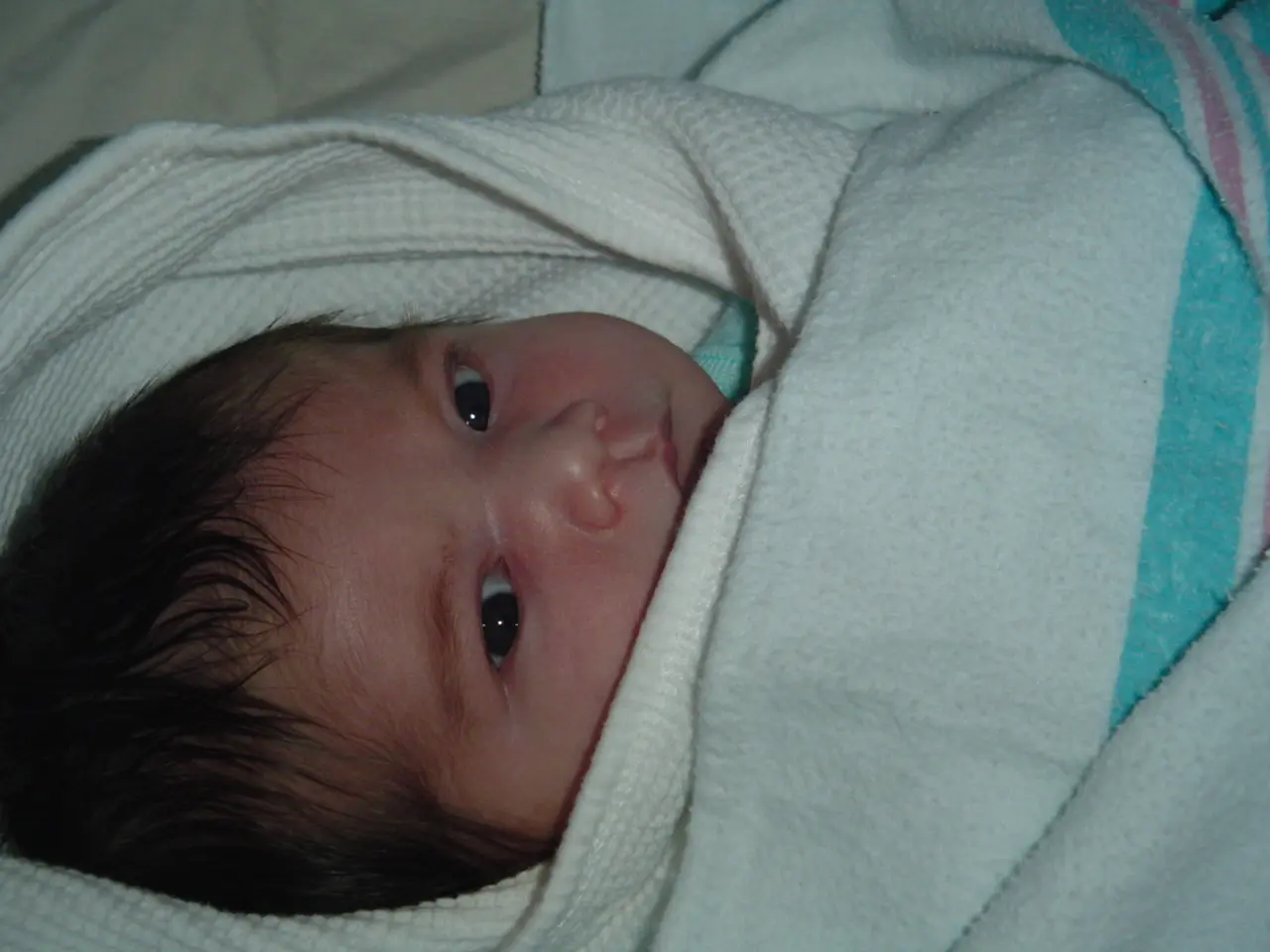Information on Beyfortus: Usage, Price, Dosage, and Other Details
Beyfortus, a monoclonal antibody developed by AstraZeneca, is currently the only FDA-approved medication to help prevent severe illness caused by Respiratory Syncytial Virus (RSV) infection in babies younger than one year old and children under the age of two who are at high risk.
The Food and Drug Administration (FDA) has approved Beyfortus for use in infants under eight months old during their first RSV season (fall to spring), as well as children between the ages of eight and 18 months who remain at high risk during their second RSV season.
Beyfortus contains the active drug nirsevimab-alip and belongs to the monoclonal antibody drug class. It is a patented biologic product, with no reported biosimilar candidates publicly approved or launched to date.
As of August 2025, there is no generic or biosimilar version available for Beyfortus (nirsevimab). Multiple countries have introduced Beyfortus into RSV prevention programs, but biosimilar development or approval is not reported.
Beyfortus comes as a liquid solution inside single-dose prefilled syringes and is administered by intramuscular injection. Mild side effects of Beyfortus can include skin rash, injection site reactions, and mild allergic reactions. However, serious side effects from Beyfortus can include severe allergic reactions, which may manifest as swelling under the skin, swelling of the tongue, mouth, or throat, and trouble breathing.
Children who have had certain types of heart surgery may require an extra dose of Beyfortus as soon as they're stable after their surgery. The medication helps your child's immune system attack the RSV virus.
It's important to note that Beyfortus is not known to interact with other medications, herbs, supplements, foods, or alcohol. The FDA tracks side effects of drugs it has approved, so if you or your child experience any unusual symptoms after receiving Beyfortus, it's crucial to report them to your healthcare provider.
Other drugs are available that can help prevent severe illness caused by RSV infection. Palivizumab (Synagis) is a similar drug to Beyfortus. However, as of now, Beyfortus remains the only FDA-approved medication in its class, and no biosimilar or generic versions are available.
RSV is a viral respiratory infection that commonly affects young children. Symptoms of a mild allergic reaction can include skin rash, itchiness, and flushing. Children who are at high risk of severe RSV-related illness include those with certain chronic lung or heart conditions, premature babies, and those with weakened immune systems.
In conclusion, Beyfortus is a brand-name injection prescribed to help prevent severe illness caused by RSV infection in certain children. It is currently available only as the original branded product, with no biosimilar or generic versions approved or marketed as of August 2025. If you have any questions or concerns about Beyfortus, it's always best to consult with a healthcare professional.
The Food and Drug Administration (FDA) has not approved any biosimilar or generic versions of Beyfortus (nirsevimab), making it the only FDA-approved medication in its class for preventing severe illness caused by Respiratory Syncytial Virus (RSV) infection in high-risk children. Mild allergic reactions can occur with Beyfortus, including skin rash and injection site reactions, while serious allergic reactions may manifest as swelling under the skin, swelling of the tongue, mouth, or throat, and trouble breathing. RSV is a viral respiratory infection that, in some cases, may cause symptoms of a mild allergic reaction, such as skin rash, itchiness, and flushing. It is important to note that Beyfortus is not known to interact with other medications, but if any unusual symptoms occur after receiving the medication, healthcare providers should be notified.




